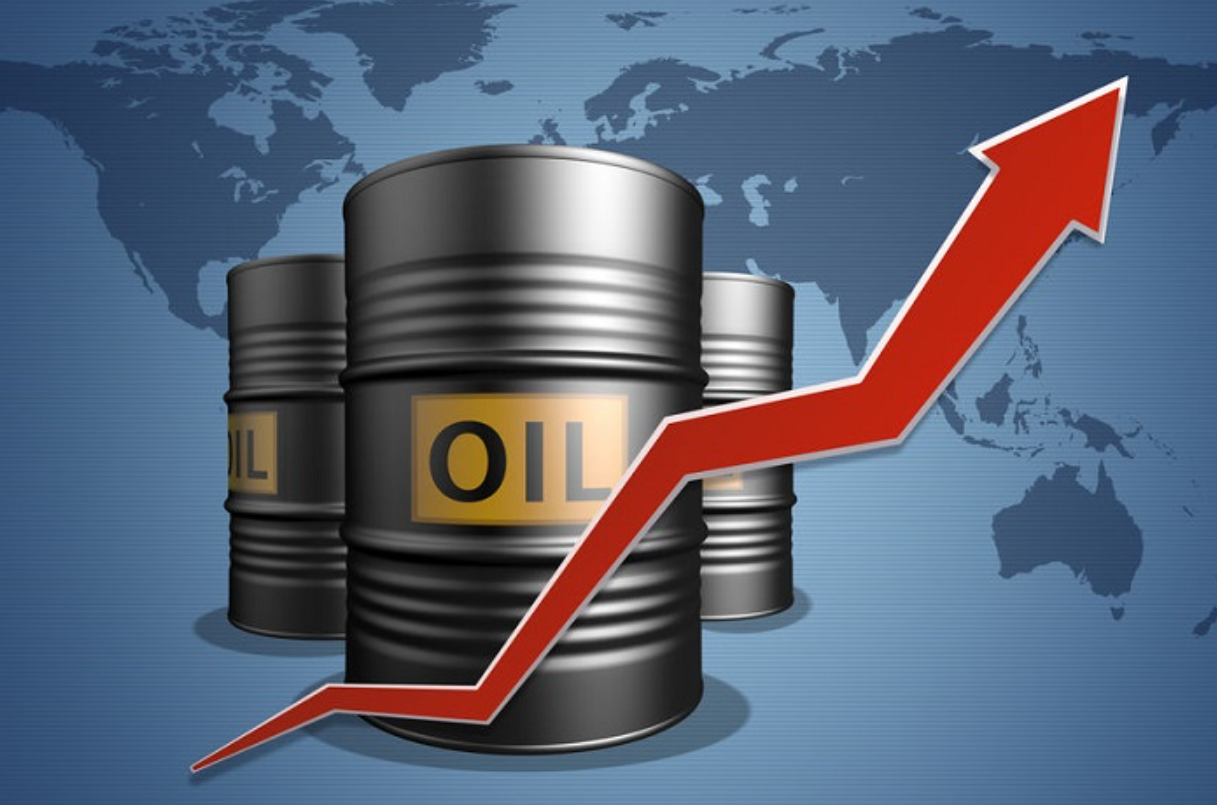Oil prices continued their upward trajectory on Monday, with Brent crude approaching the $80 mark, driven by heightened concerns over the potential for escalating conflict in the Middle East.
The price surge, which began last week, marks the sharpest increase in oil futures since early 2023 and comes amid fears of supply disruptions from one of the world’s most critical oil-producing regions.
As of 1316 GMT, Brent crude futures rose by $1.09, or 1.4%, reaching $79.14 per barrel. Meanwhile, U.S. West Texas Intermediate (WTI) crude futures increased by $1.15, or 1.55%, to settle at $75.53 per barrel after earlier gains of more than $2.
This follows last week’s significant rise, where Brent crude surged over 8% and WTI jumped 9.1%, largely due to concerns that escalating hostilities between Israel and Iran could threaten the stability of global oil supply.
Tensions escalated further on Monday when rockets from Iran-backed Hezbollah forces struck Haifa, Israel’s third-largest city.
The attack has raised fears of a broader conflict, potentially drawing in more nations, including the United States, which has longstanding ties with Israel, and Iran, its regional adversary.
READ ALSO: OPL 245, Tinubu/Oando, ENI(Agip) Recent Oil Deals: What Nigerians Don’t Know?
The growing unrest follows Iran’s missile attack on October 1, which heightened the risk of retaliation, potentially targeting critical Iranian oil facilities.
Analysts warn that any disruption to Iranian exports could lead to significant supply shortages in global markets, despite assurances from the Organization of the Petroleum Exporting Countries (OPEC) and its allies, known as OPEC+, that they have enough spare capacity to offset such disruptions.
OPEC+, which includes Russia, recently announced plans to boost production starting in December, following cuts aimed at stabilizing oil prices amid weaker global demand. However, experts caution that the coalition might struggle to counterbalance any large-scale supply disruptions, particularly if Iranian forces retaliate by targeting oil infrastructure in neighboring Gulf states.
The region’s oil facilities remain vulnerable as the conflict intensifies.
One year ago, at the height of tensions in the Middle East, Brent crude traded at $88.15 per barrel. While current prices have yet to reach those levels, the recent surge to nearly $80 per barrel could have significant economic impacts.
For oil-dependent countries like Nigeria, this rise in oil prices could bolster government revenues, as it exceeds the benchmark price set in Nigeria’s 2024 budget.
The increase in global oil prices also offers hope for strengthening the Nigerian naira, which has struggled in recent months.
The naira has traded at around N1540/$ on the official market, while performing weaker on the parallel market. A sustained rise in oil prices could help ease some of the currency’s depreciation pressures.
The current rally in oil prices marks a sharp reversal from last month when Brent crude futures fell below $70 per barrel for the first time since December 2021, driven by concerns over strong supply and weaker global demand.
However, recent disruptions in U.S. oil production due to Tropical Storm Francine temporarily provided support for prices.
As tensions in the Middle East show no signs of easing, markets remain on edge. Any further escalation, particularly involving Iran’s oil infrastructure or neighboring Gulf nations, could drive prices even higher, adding more volatility to an already uncertain global energy landscape.
For now, oil markets will closely monitor the unfolding geopolitical situation as fears of wider conflict threaten to impact global supply chains.

 Health5 days ago
Health5 days ago
 Entertainment7 days ago
Entertainment7 days ago
 Education7 days ago
Education7 days ago
 Crime5 days ago
Crime5 days ago
 Health7 days ago
Health7 days ago
 Comments and Issues6 days ago
Comments and Issues6 days ago
 Football6 days ago
Football6 days ago
 Latest6 days ago
Latest6 days ago

